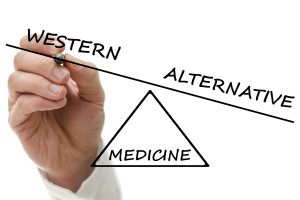Hippocrates was the first to describe melancholia, what we now know as depression, as a distinct disease having particular physical and mental symptoms. In the 17th century, English scholar Robert Burton recommended treatment consisting of a healthy diet, meaningful work, music, sleep, and discussion of the issue with a friend. Modern interventions for depression have not veered drastically from this approach, though they now include the use of prescription medication.
Contemporary Interventions for Depression
Primary care physicians often recommend medications and psychotherapy to treat depression. Though a primary care doctor usually knows which medications are most appropriate, this individual may not have the knowledge or skills to perform psychotherapy. A patient is referred to a specialist for this treatment, which often involves high out-of-pocket costs due to its long-term nature. However, primary care physicians have alternative approaches at their disposal.
Bibliotherapy, an expressive form of therapy that makes use of reading materials, is one option. A primary care physician can assign content of written materials that educate the patient about the disorder and self-treatment approaches. Other options are websites such as MoodGYM, which feature modules that help patients develop cognitive behavioral therapy skills for dealing with depression.
Some patients do not respond as expected to antidepressant medications, leaving them no other choice but to explore alternative treatments. Herbal supplements such as St. John’s wort, folate, and omega-3 fatty acids are several options. However, because the U.S. Food and Drug Administration does not monitor dietary and nutritional products in the same way it does medications, users cannot always be sure that what they are taking is safe. If patients continue taking any prescription medication, some supplements can cause dangerous interactions.
Other Interventions for Depression
Mind-body techniques are sometimes recommended as alternative supplemental treatments for depression. These include meditation, yoga, massage therapy, guided imagery, and acupuncture. Practitioners of alternative and complementary medicine believe that harmony between the body and mind are required for healthy living. Simplifying daily life, structuring each day, and joining a support group can improve coping skills.
Another of the non-invasive interventions for depression called transcranial magnetic stimulation has received international attention. Also called TMS, it involves magnetic stimulation to improve the function of the area of the brain thought to regulate mood. Discovered in 1896, magnetic stimulation of the human brain has come into the modern age in the USA with the development of technological devices including the U.S. Food and Drug Administration-cleared TMS devices.
Article content, © Kira Stein, MD, APC. | West Coast Life Center

